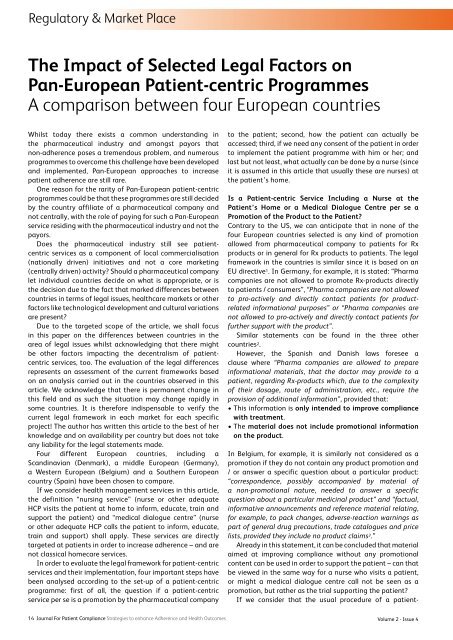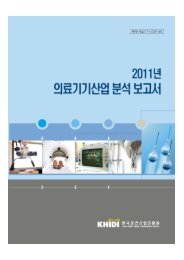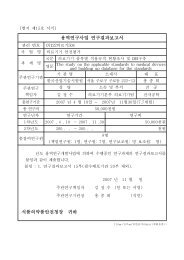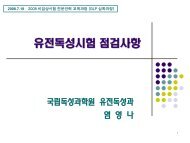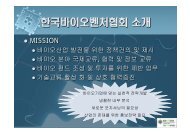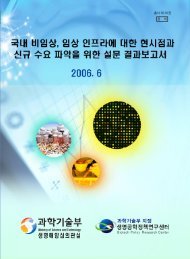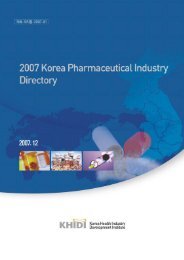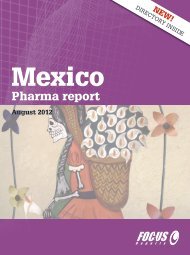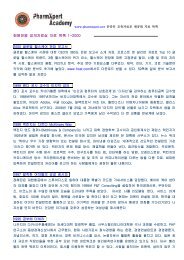PATIENT COMPLIANCE - PharmXpert Academy
PATIENT COMPLIANCE - PharmXpert Academy
PATIENT COMPLIANCE - PharmXpert Academy
Create successful ePaper yourself
Turn your PDF publications into a flip-book with our unique Google optimized e-Paper software.
Regulatory & Market PlaceThe Impact of Selected Legal Factors onPan-European Patient-centric ProgrammesA comparison between four European countriesWhilst today there exists a common understanding inthe pharmaceutical industry and amongst payors thatnon-adherence poses a tremendous problem, and numerousprogrammes to overcome this challenge have been developedand implemented, Pan-European approaches to increasepatient adherence are still rare.One reason for the rarity of Pan-European patient-centricprogrammes could be that these programmes are still decidedby the country affiliate of a pharmaceutical company andnot centrally, with the role of paying for such a Pan-Europeanservice residing with the pharmaceutical industry and not thepayors.Does the pharmaceutical industry still see patientcentricservices as a component of local commercialisation(nationally driven) initiatives and not a core marketing(centrally driven) activity? Should a pharmaceutical companylet individual countries decide on what is appropriate, or isthe decision due to the fact that marked differences betweencountries in terms of legal issues, healthcare markets or otherfactors like technological development and cultural variationsare present?Due to the targeted scope of the article, we shall focusin this paper on the differences between countries in thearea of legal issues whilst acknowledging that there mightbe other factors impacting the decentralism of patientcentricservices, too. The evaluation of the legal differencesrepresents an assessment of the current frameworks basedon an analysis carried out in the countries observed in thisarticle. We acknowledge that there is permanent change inthis field and as such the situation may change rapidly insome countries. It is therefore indispensable to verify thecurrent legal framework in each market for each specificproject! The author has written this article to the best of herknowledge and on availability per country but does not takeany liability for the legal statements made.Four different European countries, including aScandinavian (Denmark), a middle European (Germany),a Western European (Belgium) and a Southern Europeancountry (Spain) have been chosen to compare.If we consider health management services in this article,the definition “nursing service” (nurse or other adequateHCP visits the patient at home to inform, educate, train andsupport the patient) and “medical dialogue centre” (nurseor other adequate HCP calls the patient to inform, educate,train and support) shall apply. These services are directlytargeted at patients in order to increase adherence – and arenot classical homecare services.In order to evaluate the legal framework for patient-centricservices and their implementation, four important steps havebeen analysed according to the set-up of a patient-centricprogramme: first of all, the question if a patient-centricservice per se is a promotion by the pharmaceutical companyto the patient; second, how the patient can actually beaccessed; third, if we need any consent of the patient in orderto implement the patient programme with him or her; andlast but not least, what actually can be done by a nurse (sinceit is assumed in this article that usually these are nurses) atthe patient’s home.Is a Patient-centric Service Including a Nurse at thePatient’s Home or a Medical Dialogue Centre per se aPromotion of the Product to the Patient?Contrary to the US, we can anticipate that in none of thefour European countries selected is any kind of promotionallowed from pharmaceutical company to patients for Rxproducts or in general for Rx products to patients. The legalframework in the countries is similar since it is based on anEU directive 1 . In Germany, for example, it is stated: “Pharmacompanies are not allowed to promote Rx-products directlyto patients / consumers”, “Pharma companies are not allowedto pro-actively and directly contact patients for productrelatedinformational purposes” or “Pharma companies arenot allowed to pro-actively and directly contact patients forfurther support with the product”.Similar statements can be found in the three othercountries 2 .However, the Spanish and Danish laws foresee aclause where “Pharma companies are allowed to prepareinformational materials, that the doctor may provide to apatient, regarding Rx-products which, due to the complexityof their dosage, route of administration, etc., require theprovision of additional information”, provided that:• This information is only intended to improve compliancewith treatment.• The material does not include promotional informationon the product.In Belgium, for example, it is similarly not considered as apromotion if they do not contain any product promotion and/ or answer a specific question about a particular product:“correspondence, possibly accompanied by material ofa non-promotional nature, needed to answer a specificquestion about a particular medicinal product” and “factual,informative announcements and reference material relating,for example, to pack changes, adverse-reaction warnings aspart of general drug precautions, trade catalogues and pricelists, provided they include no product claims 3 .”Already in this statement, it can be concluded that materialaimed at improving compliance without any promotionalcontent can be used in order to support the patient – can thatbe viewed in the same way for a nurse who visits a patient,or might a medical dialogue centre call not be seen as apromotion, but rather as the trial supporting the patient?If we consider that the usual procedure of a patient-14 Journal For Patient Compliance Strategies to enhance Adherence and Health OutcomesVolume 2 - Issue 4


